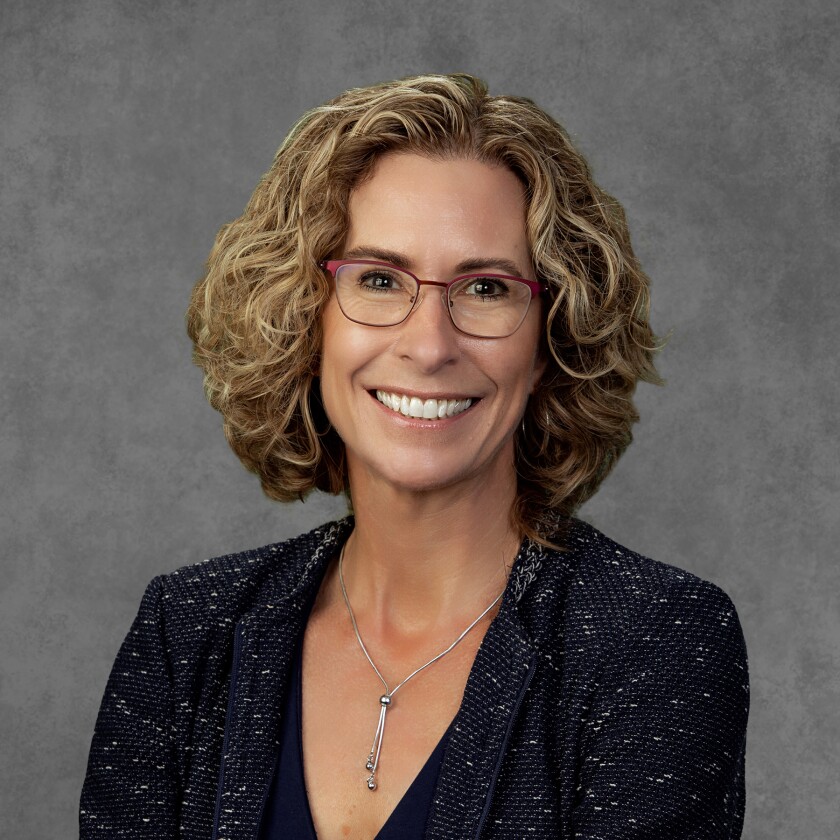The Internal Revenue Service issued guidance Tuesday to make temporary changes to section 125 cafeteria plans, with the goal of providing tax relief and flexibility in the midst of the novel coronavirus pandemic. The IRS is extending the claims period for health care flexible spending arrangements and dependent care assistance programs and enabling taxpayers to make mid-year changes to their accounts.
The guidance released Tuesday by the IRS deals with the unanticipated changes in expenses faced by many taxpayers as a result of the COVID-19 pandemic. The IRS is now allowing its previously provided temporary relief for high deductible health plans to be applied retroactively to Jan. 1, 2020, and also increases for inflation the $500 permitted carryover amount for health FSAs to $550.
Pegine Grayson, JD, CAP, is a senior vice president and director of Whittier Trust's Philanthropic Services department, leading a team of 14 in providing philanthropic advice to the company's high net worth clients and management services for their foundations and donor-advised funds.
Grayson advises clients on issues such as formalizing their philanthropy, charitable giving strategies, impactful grant-making and involving the next generation in philanthropic activities. She and her team also provide turn-key, comprehensive foundation and DAF management services, shouldering all the administrative responsibilities, so clients can simply experience the joy of giving and the positive impact it has on their families.
Grayson received her law degree from the University of Southern California Law School, her chartered advisor in philanthropy designation from The American College, and her bachelor's degree from Middlebury College. She is also trained as a mediator through the Los Angeles County Bar Association.
Peter Spiegel is the founder and CEO of Ideal Living, a company whose mission is to ensure everyone has access to affordable clean air and pure water, and a solid foundation for wellness. Peter is a pioneer in direct-to-consumer marketing and an avid wellness advocate. His innovative wellness products — that include AirDoctor, AquaTru and AromaTru — have over $3 billion in sales, and have become best sellers in major retailers, such as Walmart, Target and Costco.
Ted McRae is the director of marketing at MakersHub.ai.
In Notice 2020-29, the IRS is offering extra flexibility to taxpayers by:
- extending the claims periods for taxpayers to apply unused amounts remaining in a health FSA or dependent care assistance program for expenses incurred for those same qualified benefits through Dec. 31, 2020;
- expanding the ability of taxpayers to make mid-year elections for health coverage, health FSAs and dependent care assistance programs, allowing them to respond to changes in needs as a result of the COVID-19 pandemic; and
- applying earlier relief for high-deductible health plans to cover expenses related to COVID-19, and a temporary exemption for telehealth services retroactively to Jan. 1, 2020.
In conjunction with that notice, the IRS also issued Notice 2020-33, in response to the Trump administration’s Executive Order 13877, which directs the Treasury secretary to “issue guidance to increase the amount of funds that can carry over without penalty at the end of the year for flexible spending arrangements.” The notice ups the limit for unused health FSA carryover amounts from $500, to a maximum of $550, adjusted each year for inflation.




